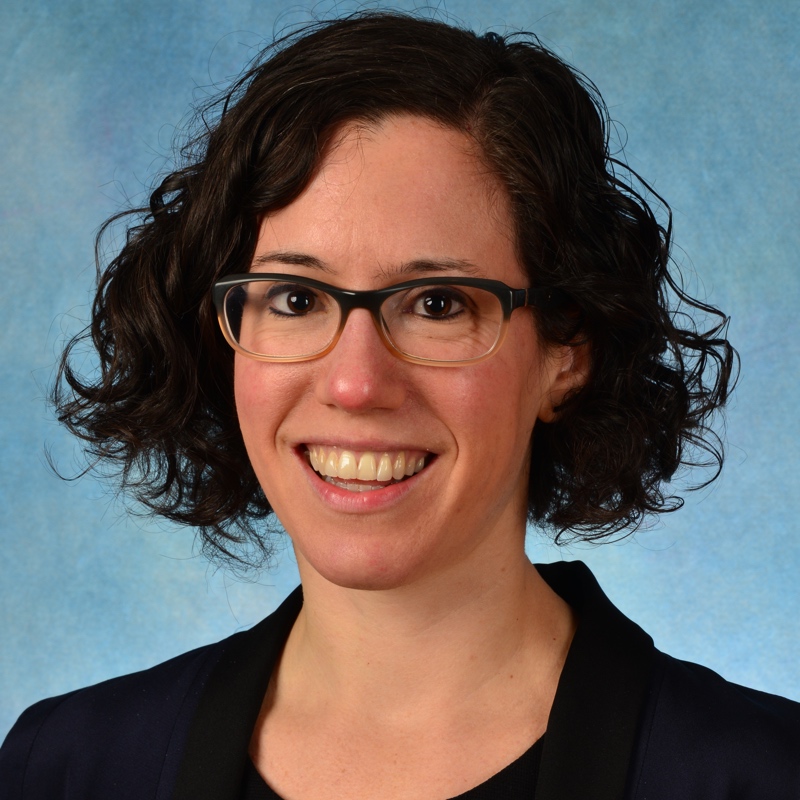 Mara Buchbinder has been selected for a Greenwall Faculty Scholars Award for her study, Clinical Ethics, Communication, and Physician Aid-in-Dying.
Mara Buchbinder has been selected for a Greenwall Faculty Scholars Award for her study, Clinical Ethics, Communication, and Physician Aid-in-Dying.
Legislative support for physician aid-in-dying in the United States has risen steadily in recent years: five states have legalized the practice, while six additional states considered proposals in their 2014 legislative sessions. Most of the bioethical scholarship on physician aid-in-dying has focused on whether it is ethically permissible. Although there has been some progress in these scholarly debates, bioethicists, physicians, and the American public remain roughly evenly divided in their stances on the issue. However, it is critical to understand how the legalization of physician aid-in-dying affects clinical communication about end-of-life care and the patient-provider relationship. This project draws on ethnographic research in Vermont—the state that has most recently legalized physician aid-in-dying—to complete the following specific aims: 1) document how terminally ill patients, family members and caregivers, healthcare providers, and policy stakeholders have responded and adapted to the legalization of physician aid-in-dying in a setting where it is newly unfolding; 2) identify and describe the ethical challenges that physician aid-in-dying raises for clinical communication about end-of-life care and the patient-provider relationship; and 3) develop an empirically grounded ethical framework for patient-provider communication about physician aid-in-dying, and disseminate it to physicians, professional organizations, and patient advocacy groups. By incorporating qualitative perspectives on the everyday realities of end-of-life care into ethical analysis, I expect to generate novel insights into the ethical implications of physician aid-in-dying and its impact on clinical communication and the patient-provider relationship.
